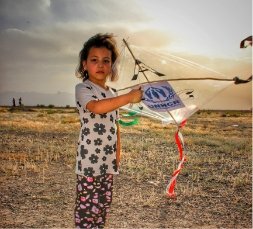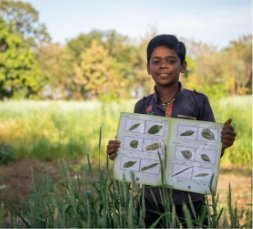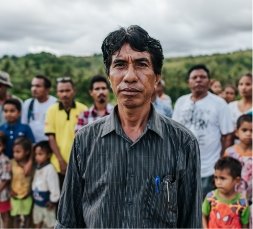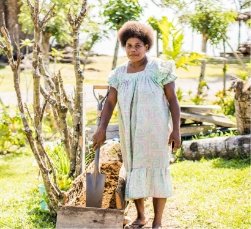Emergency Aid
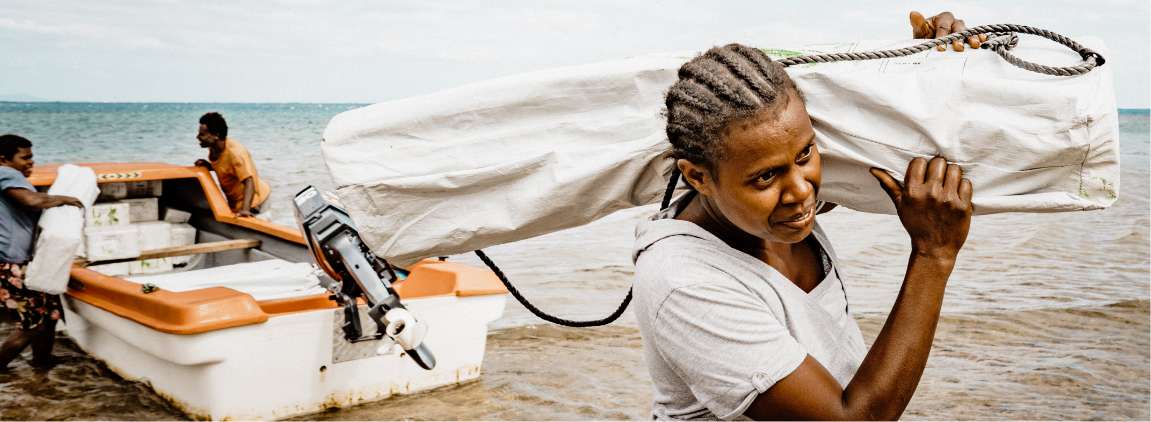
CARE staff and local people off-load goods from a boat for a multiple community’s distribution after Tropical Cyclone Harold. Photo: Valerie Fernandez/CARE.
CARE staff and local people off-load goods from a boat for a multiple community’s distribution after Tropical Cyclone Harold. Photo: Valerie Fernandez/CARE.
ACFID Members play a key role in responding to international emergencies – whether natural disasters or conflict around the world. Working alongside governments, UN agencies, and other humanitarian actors, ACFID Members provide vital life-saving assistance in the immediate aftermath of an emergency and then help communities and countries to rebuild in the medium to long term.
How to help: overseas emergencies and public donations
Read more
When an emergency happens overseas, many Australians are moved to assist in any way they can. ACFID greatly appreciates the generosity of the Australian public to provide financial and non-financial support during these times.
During an emergency, we suggest donating to an ACFID member organisation. ACFID members are signatories to the ACFID Code of Conduct, a voluntary, self-regulatory sector code of good practice that aims to improve international development outcomes and increase stakeholder trust by enhancing the transparency and accountability of signatory organisations. The Code sets good standards for program effectiveness, fundraising, governance and financial reporting. In times of emergencies, ACFID members work with organisations on the ground who can disburse funds in responsible, effective and transparent ways.
Cash donations are preferable to gifts in kind for the following reasons:
Read more
- Waste: Donations that are not needed have significant environmental impact, as they either end up in landfill or use resources to be destroyed.
- Cost: The costs associated with transport, storage and distribution of gifts in kind often outweigh the benefit of the goods provided. Transporting food and other goods to disaster affected areas can often take weeks, and in many cases may arrive too late to meet immediate needs. These goods may also clog up supply routes and warehouses and prevent life-saving supplies in getting through to affected countries.
- Economy: Gifts in kind may distort local economies, which often struggle to recover after a crisis. Goods that are provided free of cost often force down the price of locally produced items thus distorting the local market. Sourcing goods locally can both stimulate local economies and provide for immediate needs following a crisis.
- Relevance: In the case of donations of items such as machinery or medical equipment, consideration needs to be given to whether the intended recipients have the skills and knowledge required to operate and maintain the equipment, noting that replacement parts may not be available for equipment that is outdated or discontinued. It is also necessary to make sure the goods being sent comply with the recipient country’s import regulations, as lengthy customs delays can lead to additional costs for aid agencies
Read more about donating here.
ACFID, together with the World Food Programme, Council for International Development and Logistics Cluster are a part of ‘Donate Responsibly’, a campaign aimed at reducing the influx of goods donations arriving in the Pacific after a disaster. Read more about the campaign here
Emergency Appeals
ACFID compiles a list of members responding to humanitarian emergencies. The emergency appeal lists are a useful tool for the media and potential donors looking to see which ACFID Members are responding to a particular crisis.
If you are an ACFID member and would like us to list your emergency appeal on one of the pages below, please complete the ACFID Emergency Appeal Compliance Form. An Emergency Appeal Guide is available to assist members in ensuring Code compliance.









